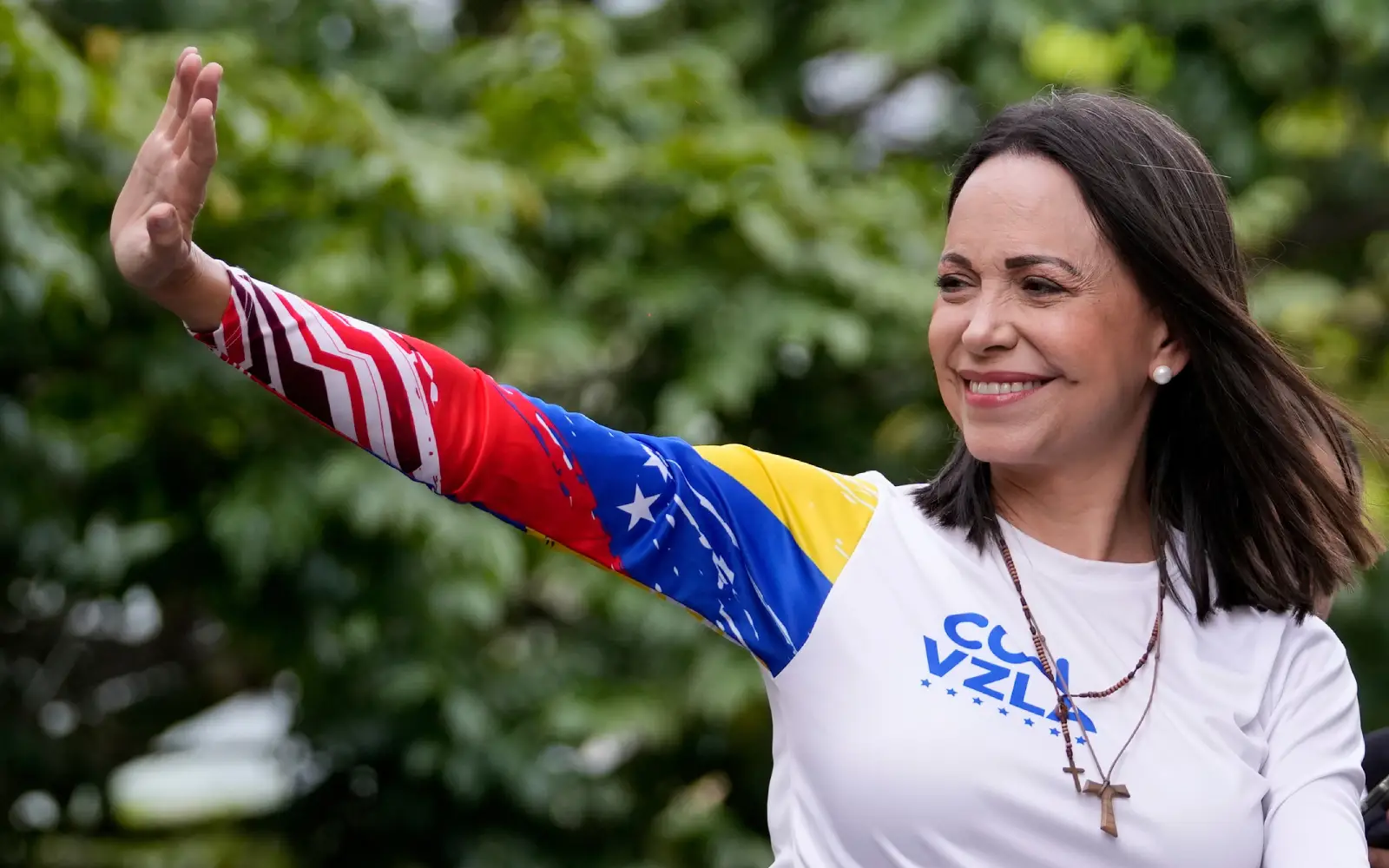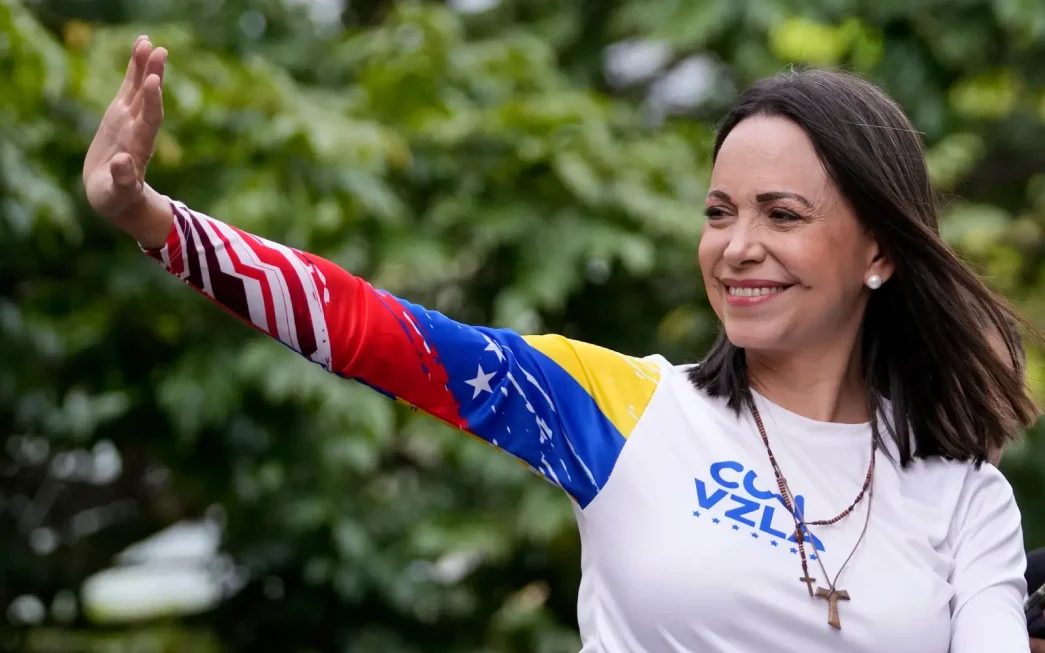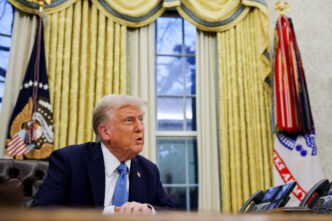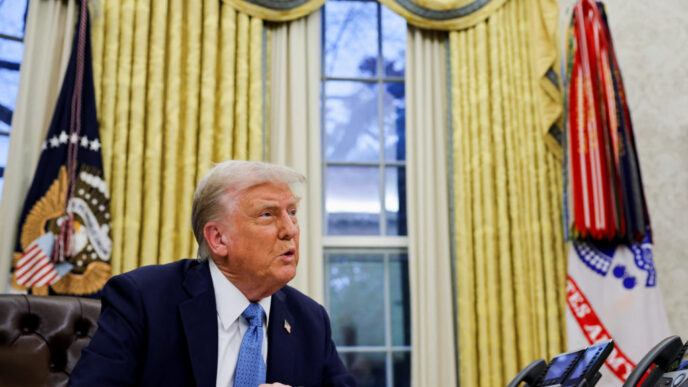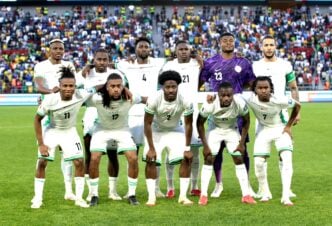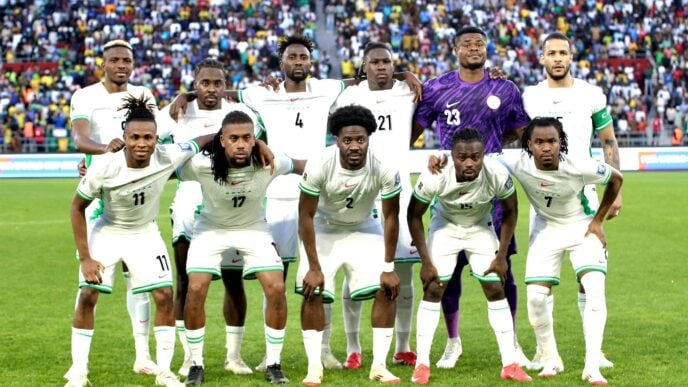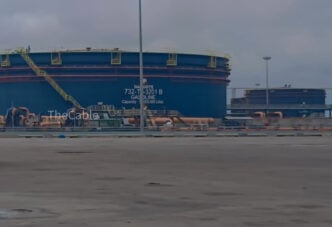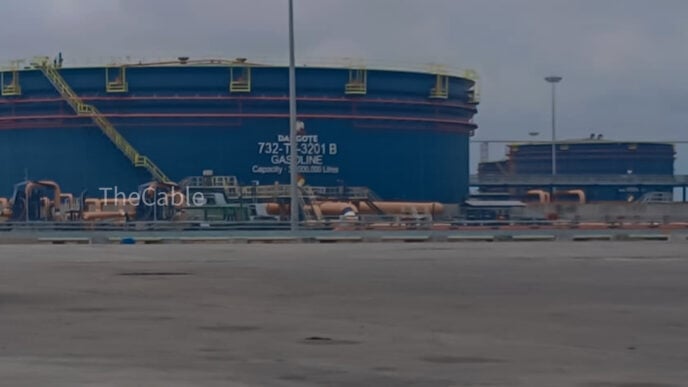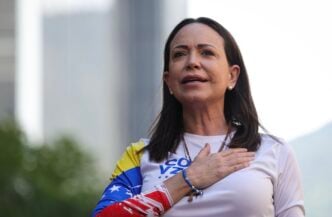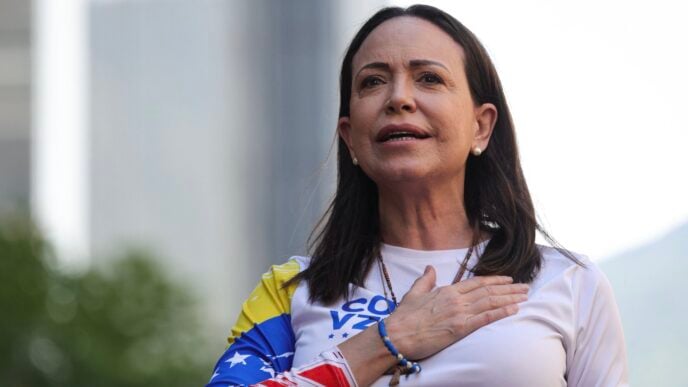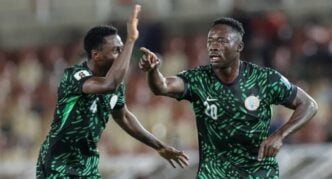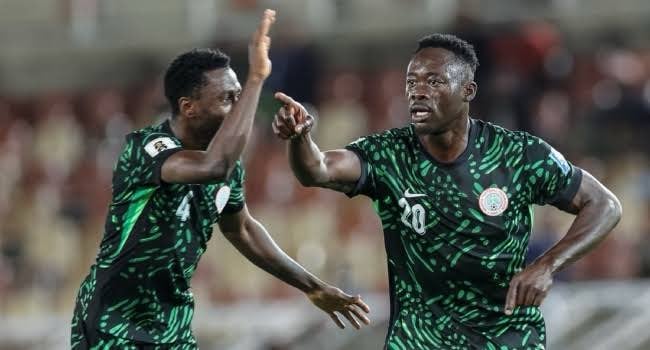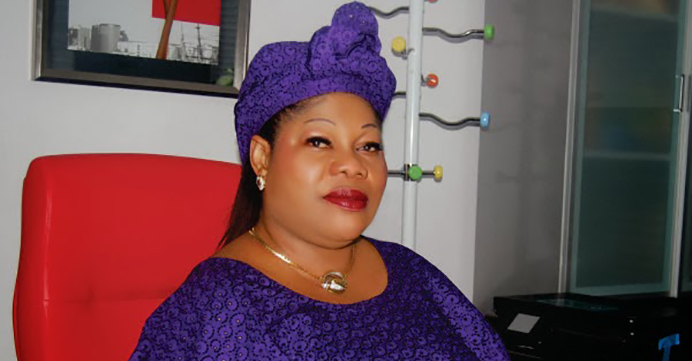Maria Machado
María Machado, a Venezuelan democracy activist and opposition leader, has won the 2025 Nobel peace prize.
Machado was chosen for her “tireless work promoting democratic rights for the people of Venezuela and for her struggle to achieve a just and peaceful transition from dictatorship to democracy”, the Norwegian Nobel committee announced on Friday.
The committee described Machado as “one of the most extraordinary examples of civilian courage in Latin America” in recent times and a key, unifying figure in a political opposition that was once deeply divided.
“This is precisely what lies at the heart of democracy: our shared willingness to defend the principles of popular rule, even though we disagree,” the committee said.
Advertisement
“At a time when democracy is under threat, it is more important than ever to defend this common ground.”
Since 2014, around eight million Venezuelans have fled the country due to economic and political factors, according to Human Rights Watch.
The crisis worsened under Nicolás Maduro’s presidency, with his July 2024 election widely regarded as fraudulent by opposition and international observers.
Advertisement
Machado was the opposition’s presidential candidate, but the regime blocked her candidacy.
She then backed Edmundo González, representative of a different party, who academics suggested won by a wide margin.
Maduro’s win stirred protests and crackdown known as Operation Tun Tun — involving arrests, killings, and suppression of dissent.
A month after the elections, Machado was forced into hiding while remaining in the country.
Advertisement
The Nobel committee said it was “a choice that has inspired millions of people”.
TRUMP’S HOPES DASHED
US President Donald Trump has openly campaigned for the Nobel peace prize. He has also been a longtime critic of Maduro.
In August, his administration doubled a reward for information leading to Maduro’s arrest, accusing him of being “one of the largest narco-traffickers in the world”.
Advertisement
The reward now stands at $50 million.
But that was not enough to earn him the long-coveted Nobel peace prize.
Advertisement
Trump has styled himself as the “candidate of peace”, often touting his ability to bring warring nations to the negotiating table — presumably by sheer force of his personality.
Barely a month into his second term, Trump met Israeli Prime Minister Benjamin Netanyahu at the White House and threw his weight behind Israel’s war in Gaza.
Advertisement
The US president has also fallen short on his promise to end Russia’s war in Ukraine — a pledge that was a cornerstone of his campaign.
He also thrust the US deeper into the Middle East crisis by ordering air strikes on Iranian nuclear facilities while demanding Iran’s “total surrender”.
Advertisement
Trump’s confrontations have not been limited to military action.
Six months into his presidency, the Republican launched a sweeping global tariff war, most notably escalating tensions with China, while rolling back humanitarian aid to some of the world’s most vulnerable countries, many of which have long relied on US donor support.
Trump has, however, taken some credit for intervening in some conflicts, particularly between India and Pakistan.
In June, Pakistan recommended the US president for the Nobel peace prize, following his role in a truce with India.
The following month, Netanyahu nominated Trump for the award.
Although the US president previously downplayed his chances of receiving the honour, he has continued to indulge conversations about a possible win.
Just hours before Machado was announced winner, Trump reposted a video on his Truth Social platform making a case for why he deserved the honour.
Still, the peace prize slipped through his fingers.
Asked if pressure from Trump and calls from the international community impacted the deliberations, Jørgen Frydnes, the Nobel peace committee’s chairman, acknowledged that the scenario was not new.
He said “in the long history” of the prize, the committee has seen campaigns and “media tension” and receives thousands of letters each year from people who say “what for them leads to peace”.
But Frydnes noted that “we base our decision only on the work and the will of Alfred Nobel”.
Trump has yet to publicly comment on the development.
